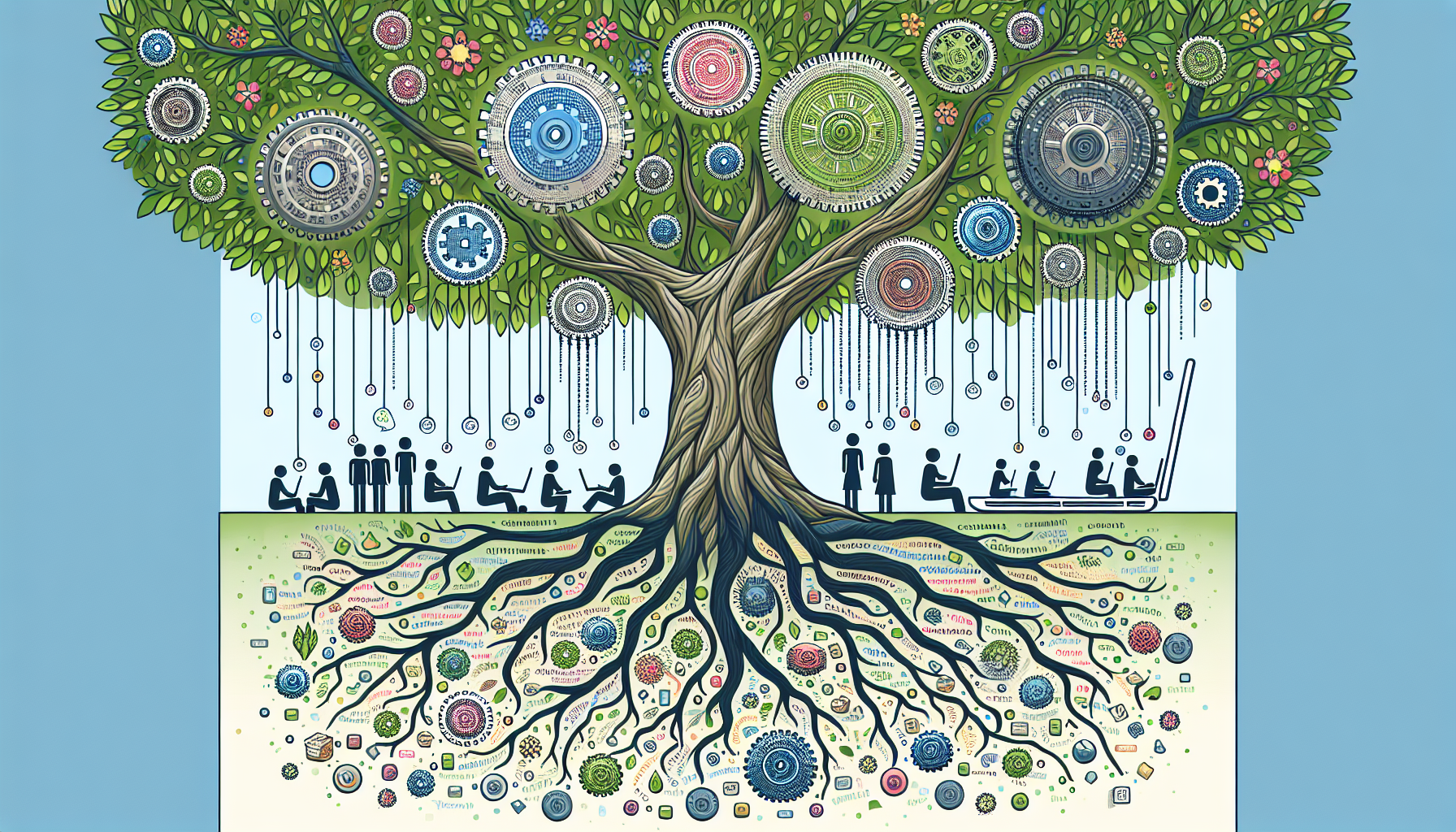The Challenge of Maintaining Open Source Projects: Why Your Project Might Not Be Used in the Future
Newsletter about software engineering, team management, team building, books and lots of notes I take after reading/studying (mine or yours)… :D

We usually kick off (or get involved in) open source projects because we have a need and believe our problem, in an abstract form, could also solve issues for others. We’re driven by endorphins (or whatever kind of motivation) and start cranking out code like there’s no tomorrow. However, it doesn’t take long to realize that just focusing on the code isn’t sustainable. We need proper documentation to help people use and chip in on the project. After months of working "solo", a few folks might show interest – that’s when the repository transitions into a true open source project.
The Difference between Open Source and Open Repository
- Open Repository: It’s like a "luxury" project where you and a handful of people (maybe friends or folks who can’t say no to you) contribute sporadically;
- Open Source: This is when there’s an active community involved, not just you.
In practice, an open repository can be seen as a personal collection shared with others, whereas an open source project is a vibrant ecosystem where diverse people collaborate, bringing ideas and continuous improvements. For instance, Linux is a stellar example of an open source project shaped by a global community.
Why Projects Die?
It’s super common in software engineering to lose the original need for a project after a few months or years. Problems evolve, and we need to think about new solutions and ways to tackle current challenges. Without a community to help maintain and evolve the project, it can die out due to neglect.
One project I’m proud of building a strong community around is awesome-go. It’s not an easy task to motivate engineers to contribute and help maintain it. Reviewing PRs (pull requests) and manually validating if new additions meet the established criteria is tedious. However, focusing on the positive impact we have on the Go language community keeps maintainers motivated.
When to Open Source a Project?
When I face the decision of whether or not to invest my time in a new open source project, it is important for me to have a strong overview of already existing alternatives. If there are none, then it is probably a good idea. Otherwise, I think about how changes to my project, by means of approach, architecture, design, etc., could withstand the challenges of competition. However, in most cases, it is a better idea to restructure the existing project instead of writing a new package or library from scratch, whether it is private or open source.
Checklist for Deciding to Open Source a Project:
- Community Demand: Is there a clear, recurring need for the problem your project solves?
- Sustainability: Do you have the time and resources (or partners) to maintain the project in the medium and long term?
- Documentation: Does your project have clear and comprehensible documentation?
- Contribution Interest: Is there potential interest from other developers to contribute to the project?
- Complementarity: Are there similar projects out there? If so, does your project add enough value to justify a new development?
- Licensing: Is the open source license you plan to use suitable for what you expect from your project?
Lastly, it’s worth reflecting on Eric S. Raymond’s thoughts from his book, The Cathedral and the Bazaar (1999), where he outlines the principles of open source development and how an active community can transform a personal project into something influential.
Opening and maintaining an open source project is a constant challenge that demands more than just coding. You need to build an engaged community, have a solid documentation strategy, and, above all, have the resilience to keep improving and adapting the project to new needs.
By keeping these guidelines and strategies in mind, you can overcome challenges and ensure the sustainability of your open source project, making sure it stays relevant and useful for a long time.